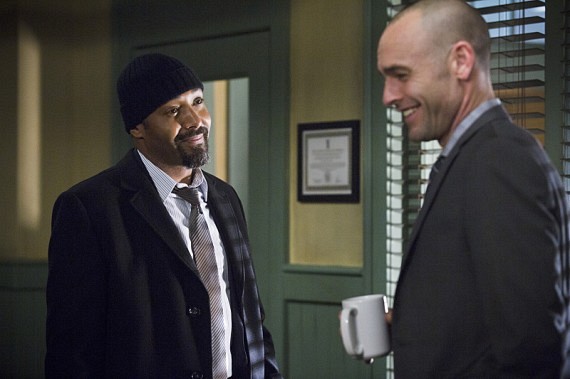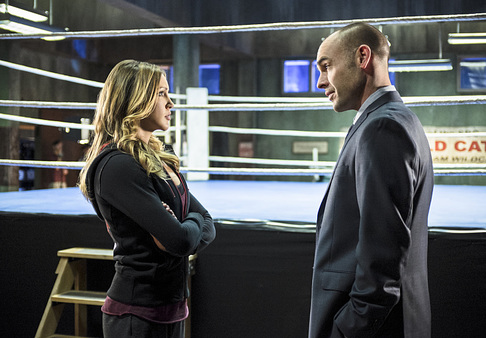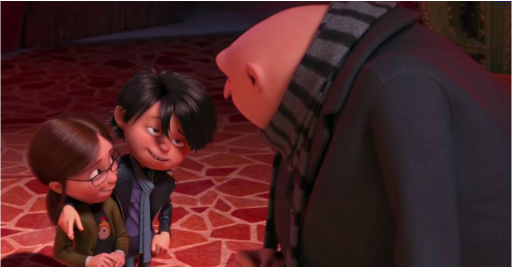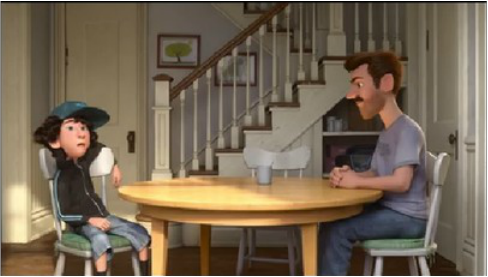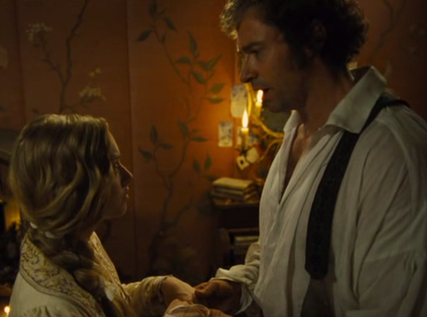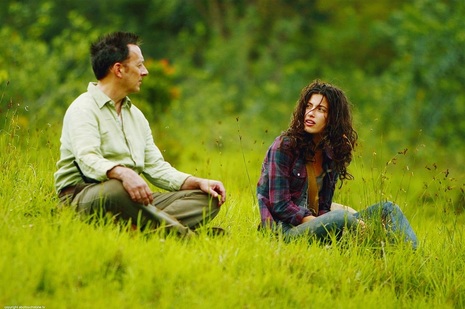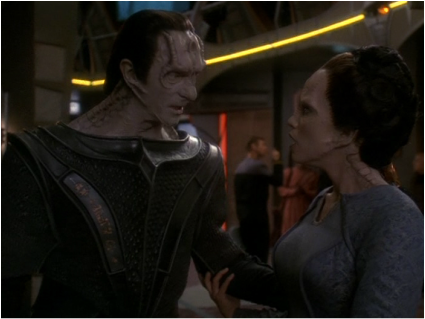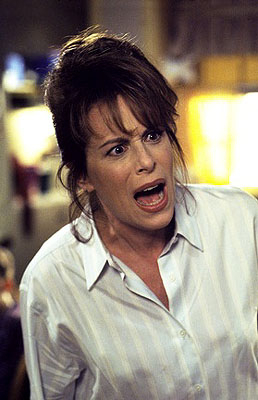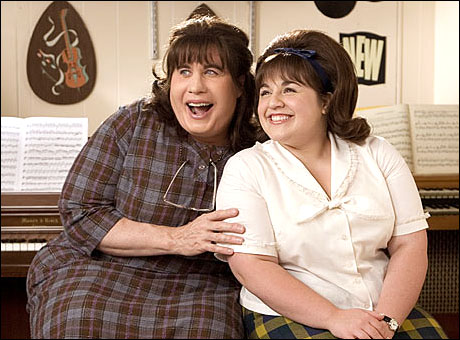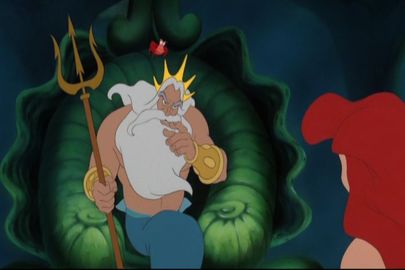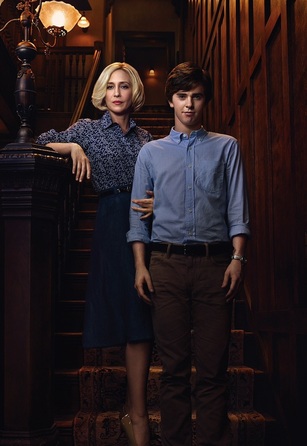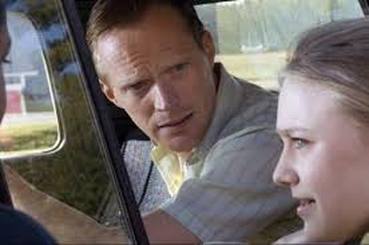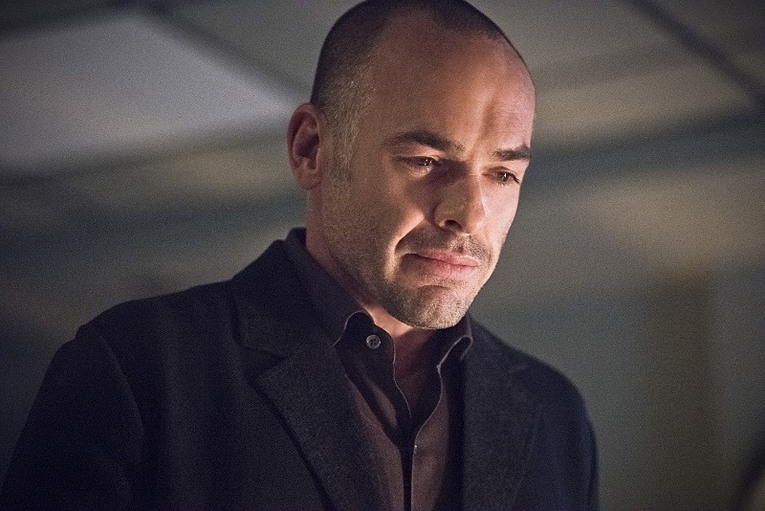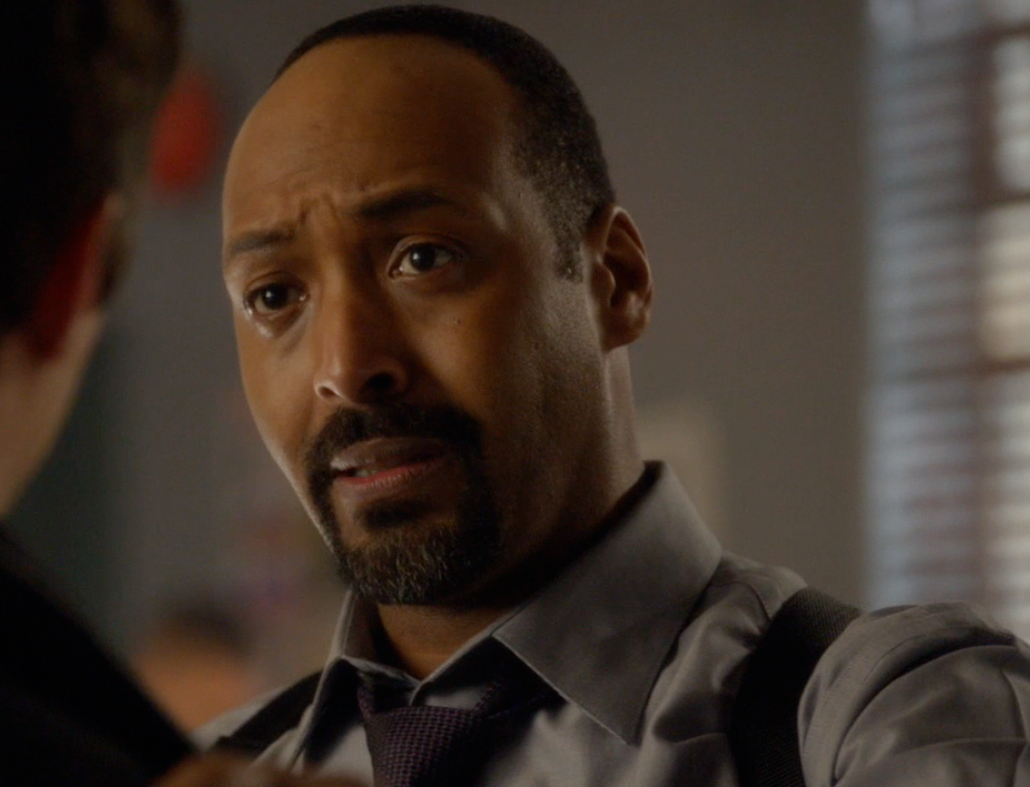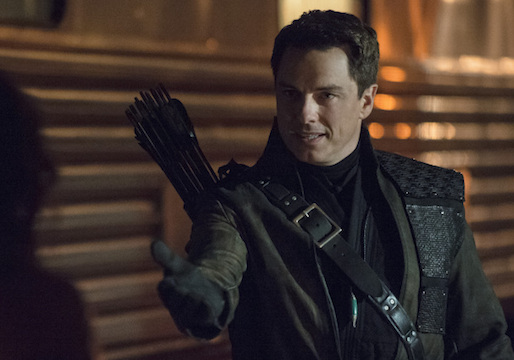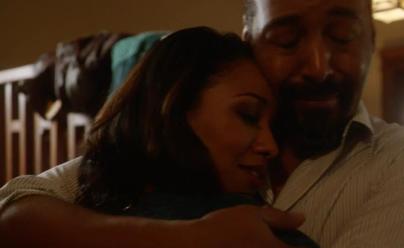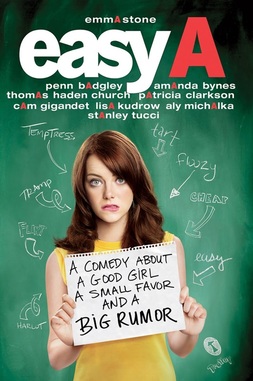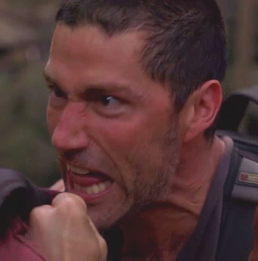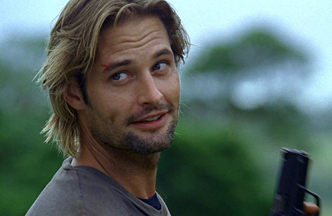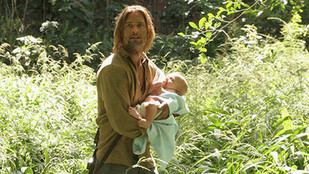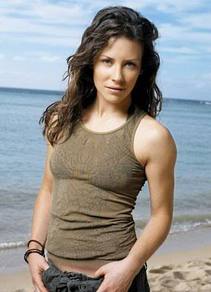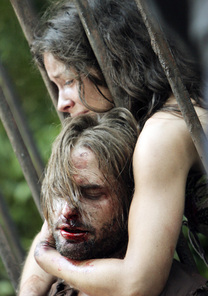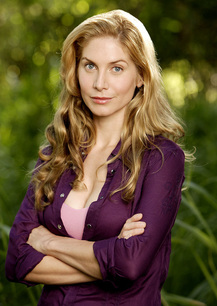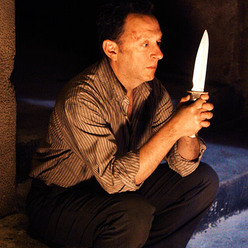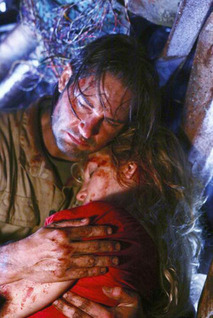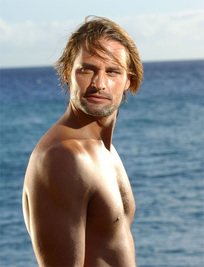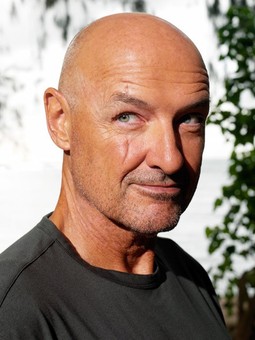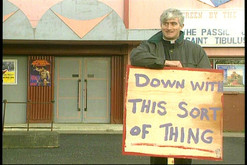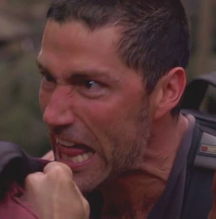See also:
Fiction Pet Peeve: Rape Gang Alley.
Fiction Pet Peeve: That Thing Designed for Dramatic Effect and Nothing Else.
Fiction Pet Peeve: "I Have to Go Now, Honey! I'm More Important Than You!"
Fiction Pet Peeve: The Cock-a-Doodie Lie!
As this is a list of fiction pet peeves, and we're approaching the top, it’s probably not necessary to start out by noting the intensity of my loathing for this habit of fictional parents, but I’m going to anyway.
Hate it.
Swinging at it with a red-hot mace hate it.
Okay, let’s get on with this.
I’m talking about those fictional parents who unilaterally and selfishly disapprove of their children growing up and pursuing happiness in any way (especially romantically), while asking us, the audience, to sympathize with their pathologically unreasonable dehumanizing of said children, who often aren’t children at all.
Let’s just say it, one of the biggest problems with these fictional parents is that they’re almost always fathers obsessing over maintaining control over their daughters.
This assumption that girls have less of a right or desire to make their own choices and mistakes in the pursuit of adulthood (and sex) than boys do, or that it’s somehow cute and fitting for fathers to feel a sense of possession of their daughters that doesn’t apply to sons or mothers, is a massive real life issue of inequality that fiction more often than not plays for cheap laughs.
I am the dad, therefore I disapprove. Cue laugh track.
I am the dad, therefore I disapprove. Cue laugh track.
I am the dad, therefore I disapprove. Cue laugh track.
Oh, wait, I decided I like my adopted daughter’s husband after all. Guess I better musically sign over the lease and title. Cue the awwws.
Shudder.
This kind of parental disapproval also gets used, bafflingly, in attempts to make villains sympathetic by supposedly proving that they “care” about someone other than themselves, in spite of the fact that their possessiveness usually demonstrates the exact opposite.
I am the dad, therefore I disapprove. Cue conflicted sighs.
I am the dad, therefore I disapprove. Cue conflicted sighs.
And as horrible as the gender stereotyping is in all these, that’s not to say that the mother-son, mother-daughter, and father-son versions don’t exist, or that they can’t also be hugely problematic.
Lois’s behavior toward her sons on Malcolm in the Middle, for example, is notoriously nightmarish.
She disapproves of almost everything any of them do, including most of their relationships, plans out each of their lives from beginning to end down to the smallest detail, and applies techniques banned by the Geneva conventions to make them comply with her vision. And yet, Lois as a character is not only played for laughs but played for sympathy, with her actions repeatedly excused and justified as tough love.
As with many overused and oversimplified fictional motifs, there’s of course a tiny grain of truth in here that occasionally gets explored with some actual care. It’s no secret that parents and their children fight, or that parents (ideally) want to protect their children. Sometimes parents are overcautious or slow in recognizing their children’s maturing capabilities and needs, or they project their own experiences on their children beyond the point where it’s helpful, and often parenting mistakes are made with the best intentions.
This is all real, exploration-worthy stuff.
Edna from Hairspray is a perfect positive example of a disapproving fictional parent, one who tries to veto her daughter’s ambitions in an attempt to shield her from reliving her own disappointments, but who eventually learns to trust in her daughter’s self-confidence, becomes her biggest cheerleader, and comes out of her own shell, inspired by her daughter’s example.
King Triton from The Little Mermaid follows a similar pattern.
He certainly crosses a major line when he destroys all of Ariel’s stuff, but he doesn’t do it out of a blanket disapproval of the concept of his daughter growing up and falling in love. In fact, when he first hears the rumor that Ariel’s in love, he’s thrilled for her and can’t wait to meet the object of her affections. There isn’t even a mention of any political restrictions on whom Ariel should marry, being a princess and all. He doesn’t break out a shred of disapproval until he finds out that Eric is human, at which point he flips out over that very specific prejudice, instantly feels horrible about it, and ends up growing to accept Ariel’s choice and celebrate her happiness.
Parents placing a different level of value or different expectations on boys and girls is also a very real issue that can be depicted responsibly. Park's parents in Eleanor & Park are a great example of fictional parents who do this but ultimately learn to accept and respect that their son isn't what they once assumed he should be.
Of course, not all fictional parents have to work out their issues and end up supportive allies of their children by the end. Real life sadly holds truly terrible parents as well, parents who exert control over their children for entirely selfish reasons, without wanting to see them grow into self-reliant adults with happy romantic relationships and full lives. Fiction has a place for those parents too.
That place is not smiling in the opening credits of a show about a heartwarming, would-be appealing family.
The Secret Life of Bees does the extreme negative of the gender issue well, because even though Lily's father is given a slight, grim sort of pity toward the end, he’s fully acknowledged as a bad father. Treating a child as a possession rather than a budding human being due to gender (or for any reason), is bad parenting, and he’s a bad parent. No arguments there.
There’s nothing wrong with unhealthy relationships in fiction, as long as the work doesn’t ask us to believe that they’re anything else.
The point where the disapproving parent triggers this peeve is where a story shrugs off this kind of bad parenting as “just the way parents are,” or, more commonly and insidiously, “just the way fathers with daughters are.”
I’m looking at you, Arrow/Flash/Legends of Tomorrow TV universe.
If you’re a dad with a daughter on these shows, you automatically hate any man she might be romantically involved with. You hate any possibility of her doing anything dangerous which, given the superhero universe, means doing anything at all. In fact, you usually hate the possibility of her ever hearing about the existence of anything dangerous or meaningful or plot-related in any way, unless, in the case of Merlyn, you need to use her for some part of your own scheme which you’ll later claim had something to do with loving her. You fully endorse the use of guns and dishonesty to keep her under control.
Oh, she might call you out on it on occasion, but don’t worry, less than an episode later, she’ll tell you how right unconditionally forgiven you are, because you were “only trying to protect her.”
Then you’ll make a condescending, off-the-shelf joke about how all fathers want to keep their daughters helpless and isolated forever and you just can’t help it and couldn't possibly be expected to.
…Bull…. Shit.
This dysfunction is not inevitable. It is not healthy, and it is not cute. Respecting your adult daughters as human beings is not too lofty an ideal to aspire to. There are plenty of wonderful, supportive parents in the real world, who want their children, daughters included, to chase their dreams and their dream partners and live real, adult lives.
This is what good parents want for their children. The same things they’d want for themselves.
There are even a few of these parents in fiction, though not nearly enough.
Know what I think, Lance, West, and Merlyn? I think if you couldn’t be motivated by disapproving of everything your daughters do for no reason, your shows wouldn’t know what to do with you.
Agree? Disagree? Comments are always welcome! Or keep up with my fictional musings by joining me on Facebook, Pinterest, Twitter, or by signing up for email updates in the panel on the right!
